
Discover the Benefits: Corn Silk Tea for Health and Wellness
🌽 Corn Silk Tea: An Ancient Remedy Making a Modern Comeback
When you peel back the husk of a fresh corn cob, you’ll notice silky, golden threads clinging to the kernels—this is corn silk. While often discarded without a second thought, corn silk has been treasured in traditional medicine for centuries. From supporting urinary tract health to potentially reducing inflammation and balancing blood sugar, this modest plant part is now regaining attention in the wellness world.
Let’s take a closer look at why corn silk tea might be one of the most underrated natural remedies—and why it deserves a place in your daily health routine.
🌾 What Exactly Is Corn Silk?
Corn silk refers to the soft, thread-like strands found inside the outer husk of corn. These delicate fibers play a biological role in pollination, but for humans, they’ve long served as a natural healing aid. Used in traditional Chinese medicine, Native American remedies, and various European herbal practices, corn silk is particularly known for its ability to support kidney function, reduce water retention, and soothe the urinary tract.
It contains important plant compounds like flavonoids, potassium, vitamin C, and allantoin, which contribute to its wide range of potential health benefits.
🌟 The Top Health Benefits of Corn Silk Tea
✅ 1. Promotes Urinary Tract Health
Corn silk is a natural diuretic, which means it helps the body eliminate excess water, sodium, and waste through increased urine production. This can be especially beneficial for people suffering from:
-
Urinary Tract Infections (UTIs)
-
Kidney stones or gravel
-
Bladder inflammation
-
Water retention and bloating
By supporting more efficient urine flow, corn silk tea may also help prevent recurrence of UTIs when used as a preventive measure.
✅ 2. May Help Regulate Blood Sugar Levels
Preliminary studies suggest that corn silk may have hypoglycemic effects, making it potentially helpful for individuals managing type 2 diabetes. Certain bioactive compounds may aid in improving insulin sensitivity and stabilizing blood glucose levels naturally.
Though more human studies are needed, animal research has shown promise in reducing post-meal blood sugar spikes and improving overall metabolic function.
✅ 3. Contains Powerful Anti-inflammatory Properties
Chronic inflammation is at the root of many health conditions, including arthritis and heart disease. Corn silk contains antioxidants and anti-inflammatory compounds that may help relieve:
-
Joint and muscle pain
-
Swelling and inflammation
-
Symptoms of arthritis, gout, or general discomfort
These effects make it a gentle, natural choice for those looking to reduce inflammation without relying heavily on pharmaceuticals.
✅ 4. Supports Heart and Circulatory Health
Rich in potassium, corn silk tea may help the body regulate blood pressure and reduce stress on the cardiovascular system. Potassium is essential for maintaining electrolyte balance and muscle function, including that of the heart.
Regular consumption of corn silk tea—paired with a balanced diet—can contribute to:
-
Lower blood pressure
-
Reduced fluid buildup around the heart
-
Overall cardiovascular support
🍵 How to Make Corn Silk Tea at Home
Making your own corn silk tea is simple and a sustainable way to use more of the plant. You can use either fresh or dried corn silk, both of which are effective.
You’ll Need:
-
Corn silk from 2–3 ears of fresh corn (or about 1–2 tablespoons of dried corn silk)
-
1 liter of clean water
Steps:
-
Clean the Corn Silk
Rinse thoroughly to remove any dirt or residue. -
Boil and Simmer
Add corn silk to a pot of water. Bring to a boil, then reduce heat and simmer for 15–20 minutes.
(Dried silk will turn the water a light golden color.) -
Strain and Serve
Remove from heat, strain the tea, and enjoy it warm or cool.
Optional Flavor Boosts:
Add a slice of lemon, fresh ginger, or a teaspoon of honey for taste and added health benefits.
🕒 When and How to Drink Corn Silk Tea
-
Recommended Intake: 1–2 cups per day
-
Best Times to Drink: Between meals or in the afternoon to support digestion and kidney function
-
Storage Tips: Best enjoyed fresh. If needed, store in the refrigerator and consume within 24 hours.
⚠️ Precautions & Considerations
Corn silk tea is generally safe for most people, but as with any herbal remedy, it’s important to use it responsibly.
-
Stay Hydrated: Since it’s a diuretic, drink plenty of water to stay balanced.
-
Medication Interactions: If you are taking diuretics, insulin, or blood pressure medications, consult your healthcare provider before starting corn silk tea.
-
Pregnancy Warning: Not recommended for pregnant or breastfeeding individuals unless approved by a medical professional.
🌱 Final Thoughts
Corn silk tea is a reminder that nature often hides its treasures in the most unexpected places. Once considered a kitchen discard, corn silk is now being recognized for its incredible health benefits. Whether you’re aiming to relieve urinary issues, support your heart, or simply enjoy a soothing herbal drink, this gentle yet powerful tea is well worth trying.
Sometimes, healing begins with the smallest things—like the golden threads of a corn cob.
News in the same category


The Morning Drink That Supports Healthy Weight Loss for Seniors
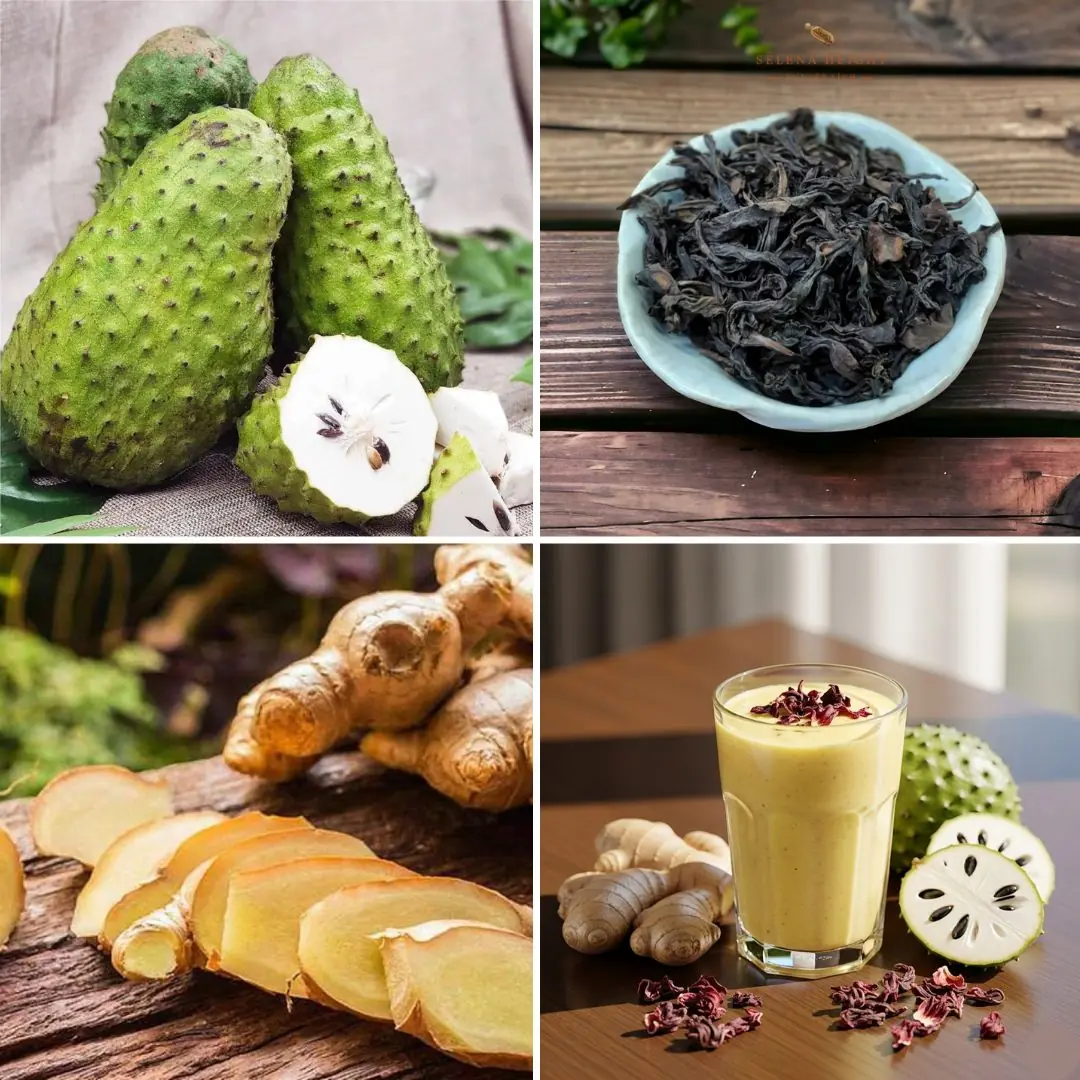
The Drink That Will Empty Hospitals in 2025: Cures Diabetes, High Blood Pressure, and Even Cancer Without Medication – Complete Recipe Below 👇
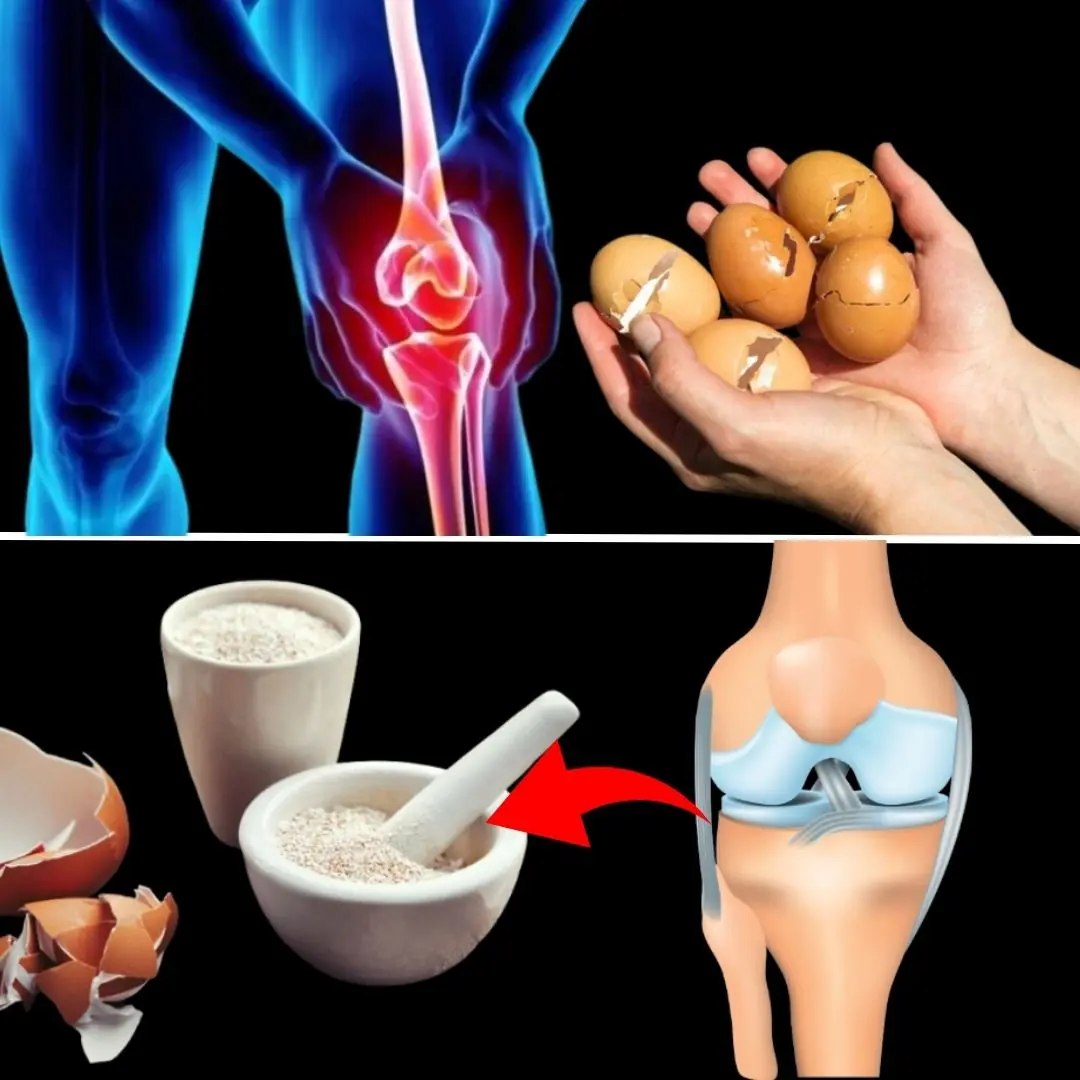
Don’t Ever Throw Away Eggshells Again After Reading This – You Won’t Believe How Useful They Are!

15 Early Warning Signs Your Liver Might Be in Trouble

Eliminate Kidney Stones, Fight Urinary Tract Infections, and Reduce Prostate Inflammation—Naturally!

8 Clever Japanese Secrets to Eliminate Wrinkles — Even at Age 70!

Drinking Lemon Water Before Bed: 10 Surprising Health Benefits Most People Don’t Know

7 Reasons to Grow Purslane: The Superfood Weed You’ll Wish You Knew About Sooner

10 Signs Your Body Is Begging for Vitamin D

9 Foods That Help You Breathe Easy (Improve Unhealthy Lungs)
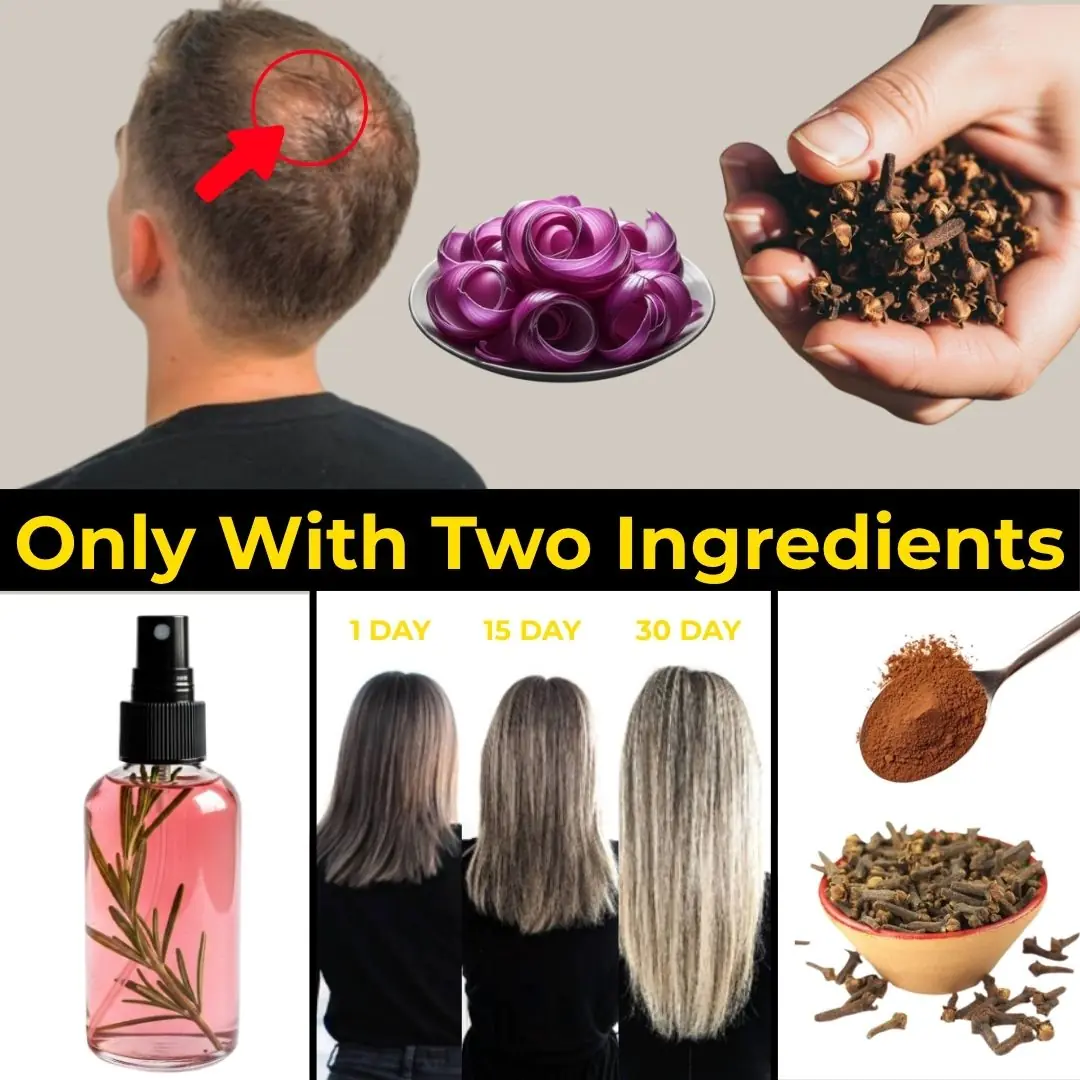
The Surprising Hair Growth Benefits of Cloves and Onion Peels
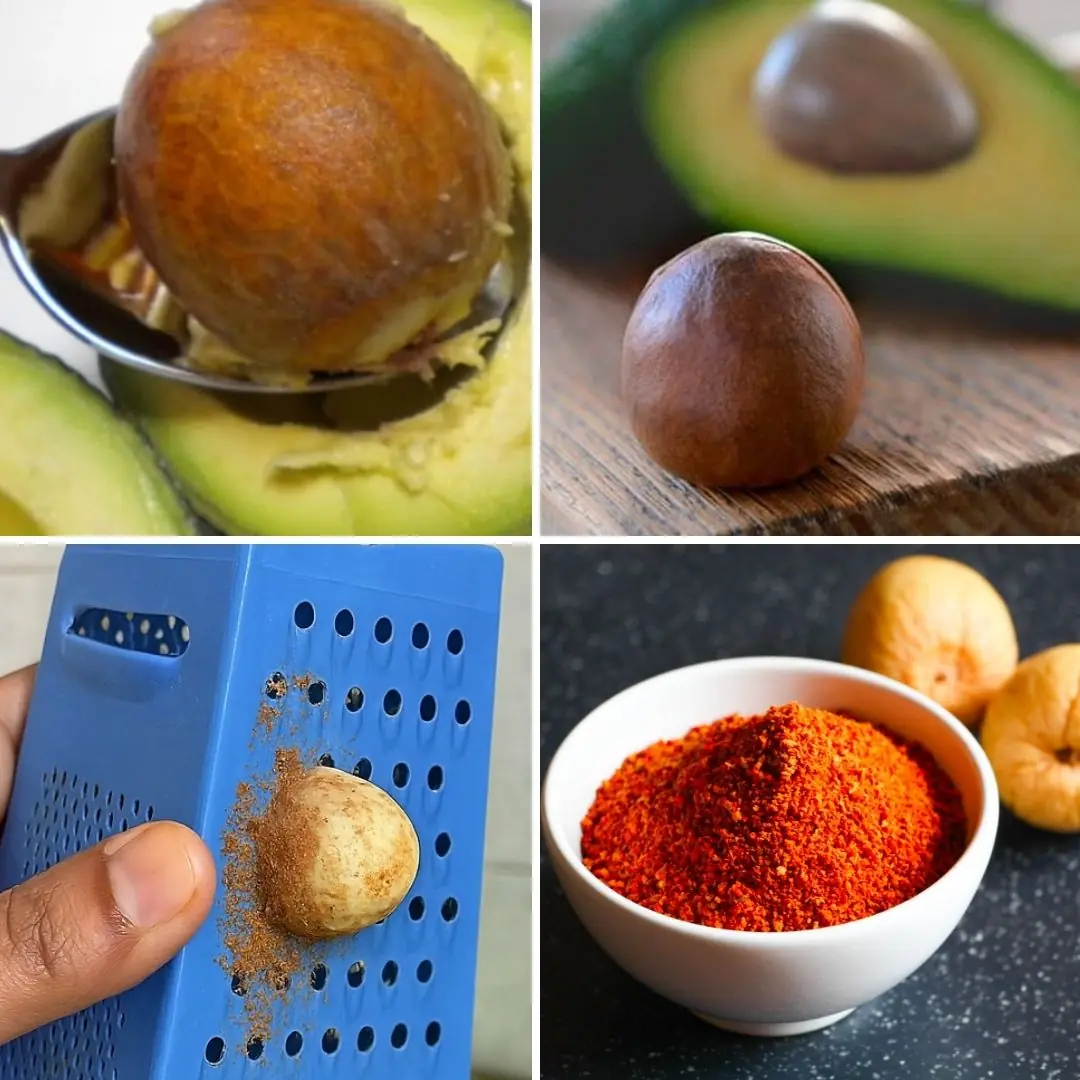
Don’t Toss That Avocado Pit: Surprising Health Benefits and Uses
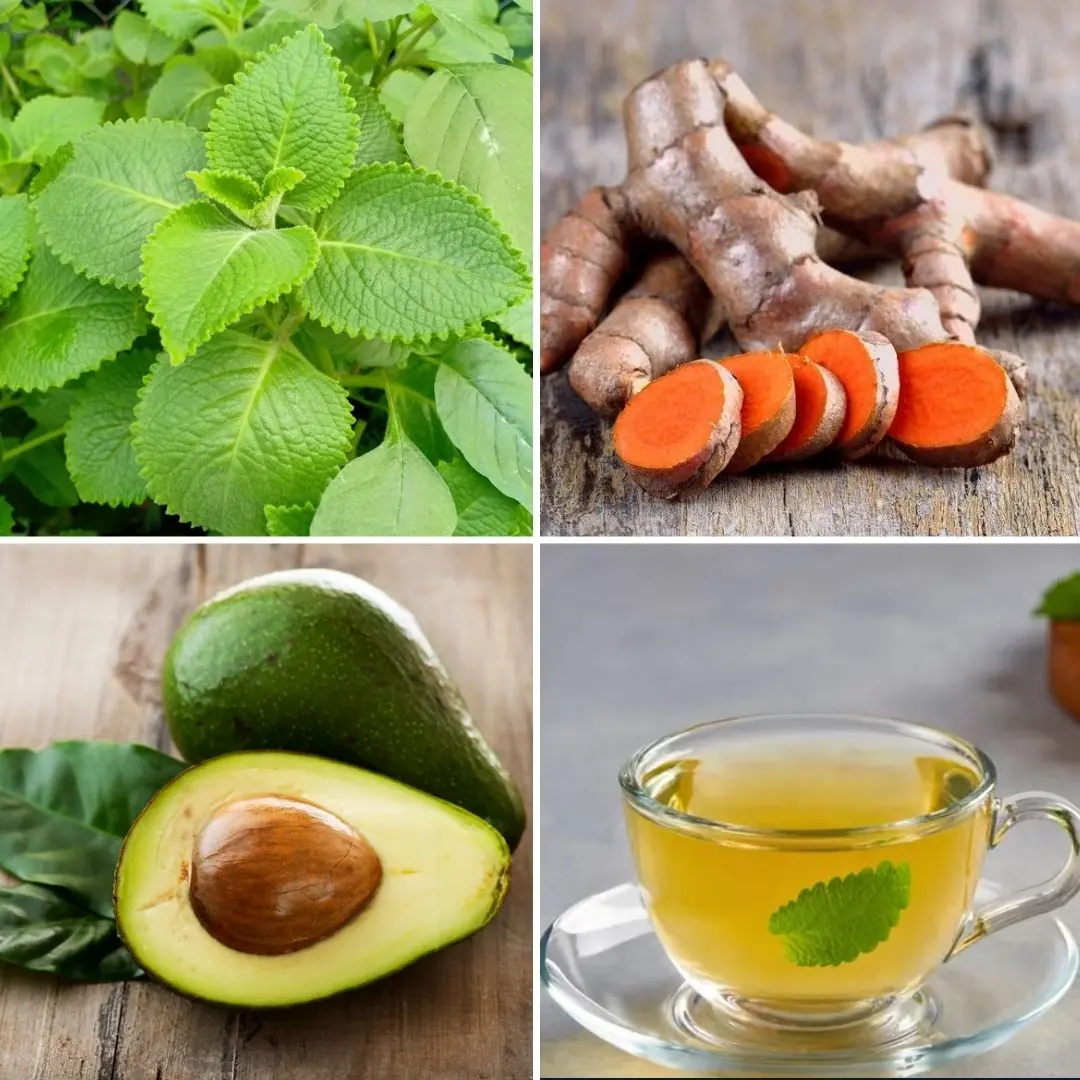
Doctor Frank Suárez’s Natural Remedy to Eliminate Diabetes, Poor Circulation, Fatty Liver, Pancreas Issues, High Blood Pressure, Knee Pain, and Even Cancer

Improve Your Vision Naturally: Just One Spoonful of This Powerful Mixture Can Make a Difference
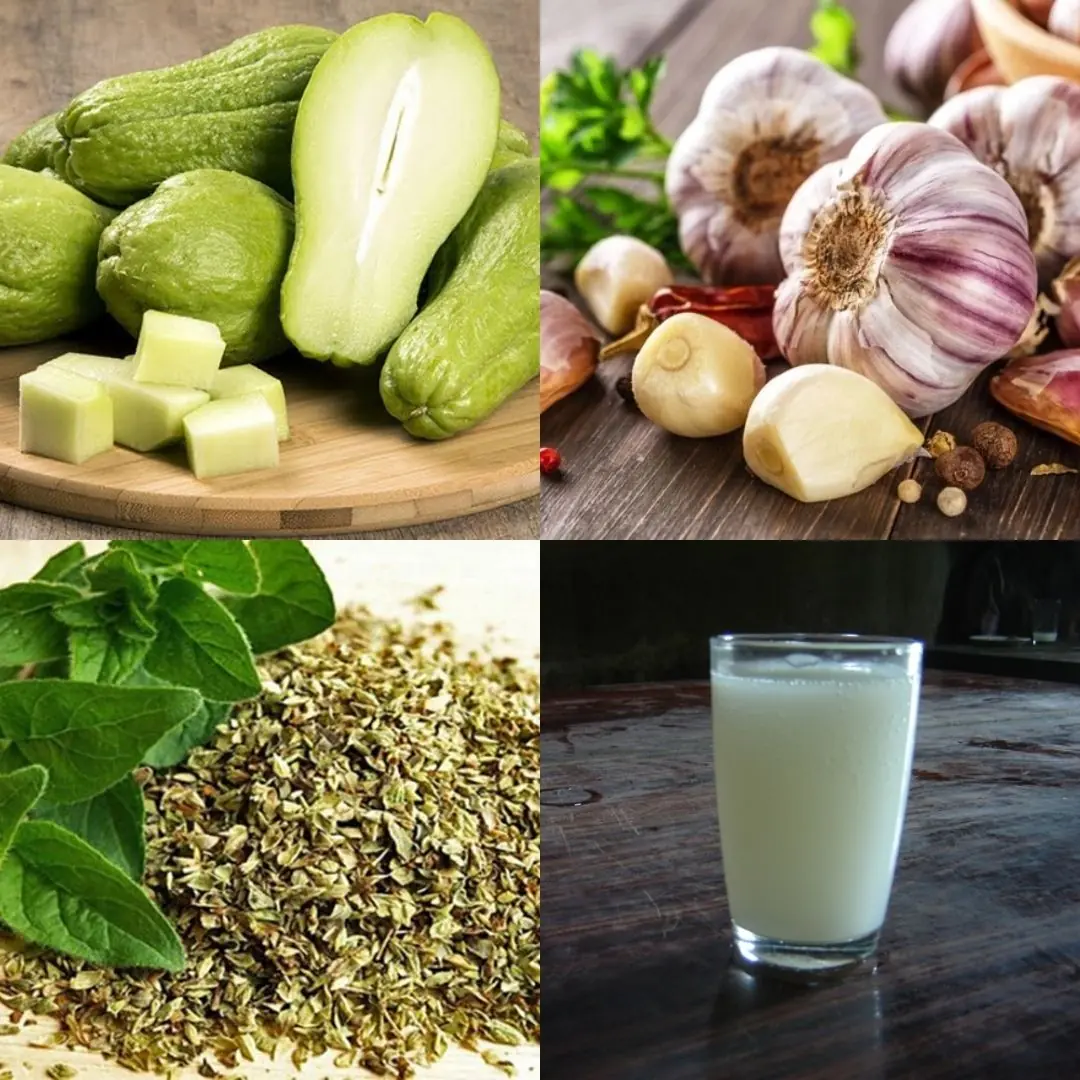
The Miracle Drink for Pancreas, Diabetes, Liver, Circulation & Cancer – All Natural and Free!

Explore the Benefits of Natural Remedies: Homemade Solutions for Removing Mucus and Phlegm – Stay Healthy the Natural Way
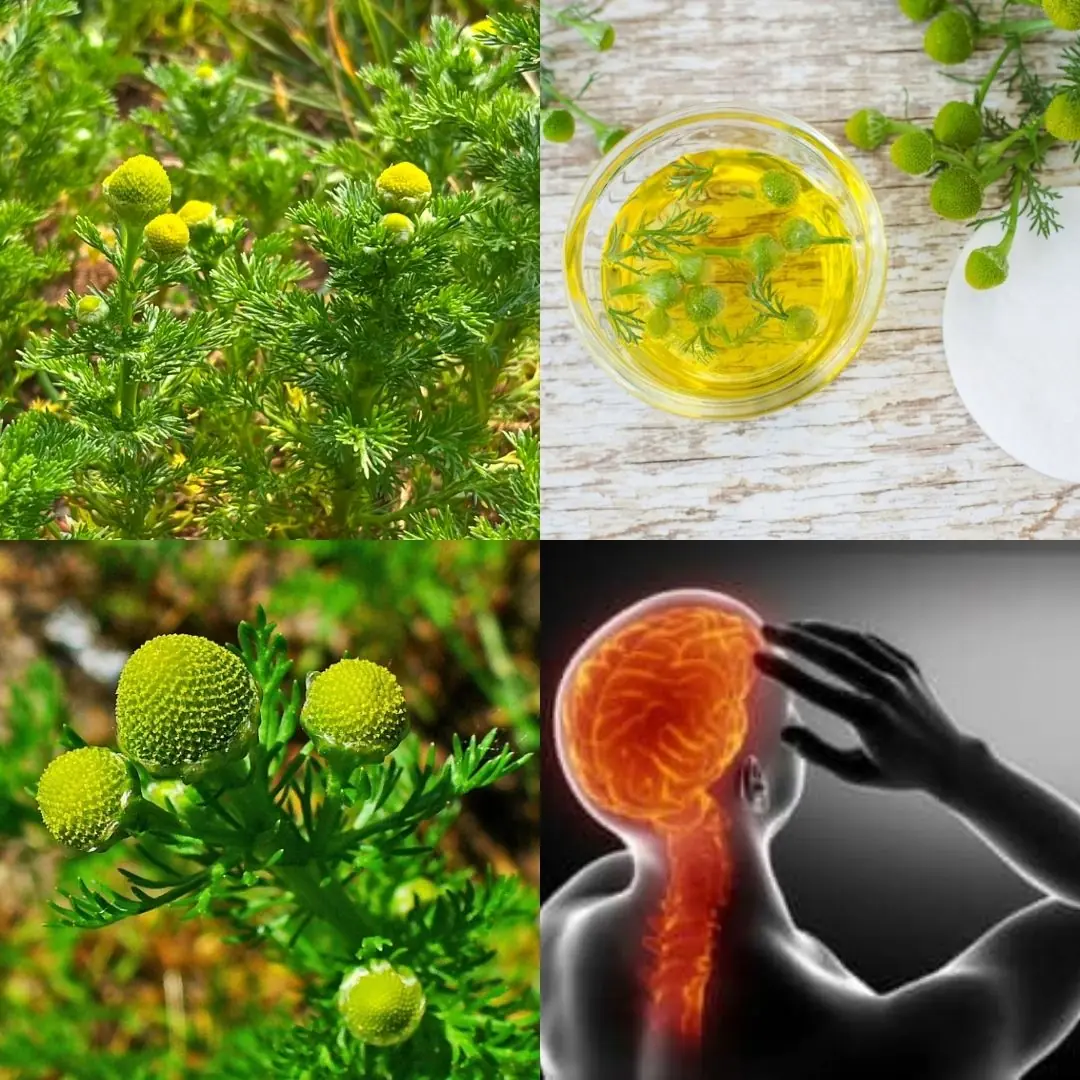
Discover Nature’s Hidden Gem: The Surprising Powers of Pineapple Weed
News Post

Cleanse Your Gut, Liver, and Kidneys in Just 3 Days – All Toxins Gone with This Watermelon Recipe!

The Morning Drink That Supports Healthy Weight Loss for Seniors

The Drink That Will Empty Hospitals in 2025: Cures Diabetes, High Blood Pressure, and Even Cancer Without Medication – Complete Recipe Below 👇

Don’t Ever Throw Away Eggshells Again After Reading This – You Won’t Believe How Useful They Are!

15 Early Warning Signs Your Liver Might Be in Trouble

Eliminate Kidney Stones, Fight Urinary Tract Infections, and Reduce Prostate Inflammation—Naturally!

Anya, hi. I feel really awkward asking, but could you possibly lend me a couple thousand?

8 Clever Japanese Secrets to Eliminate Wrinkles — Even at Age 70!

Drinking Lemon Water Before Bed: 10 Surprising Health Benefits Most People Don’t Know

7 Reasons to Grow Purslane: The Superfood Weed You’ll Wish You Knew About Sooner

‘Japanese Baba Vanga’ Foresees Catastrophic Event in July 2025 Affecting Millions

Entitled Man Blocked Our Garage, Picking a Fight, Then Threw His Business Card at Me — So I Turned It Into His Worst Nightmare

Our Gender Reveal Cake Arrived Grey – Then Our 6-Year-Old Revealed the Shocking Reason

My Ex's New Wife Bought My Daughter a $1,000 Prom Dress to Humiliate Me and Win Her Over — What My Daughter Did Left Everyone Speechless

10 Signs Your Body Is Begging for Vitamin D

9 Foods That Help You Breathe Easy (Improve Unhealthy Lungs)

At school, they laughed at the girl whose family had no roof over their heads

The Hidden Power of Mimosa Pudica: 30 Benefits and Homemade Uses
